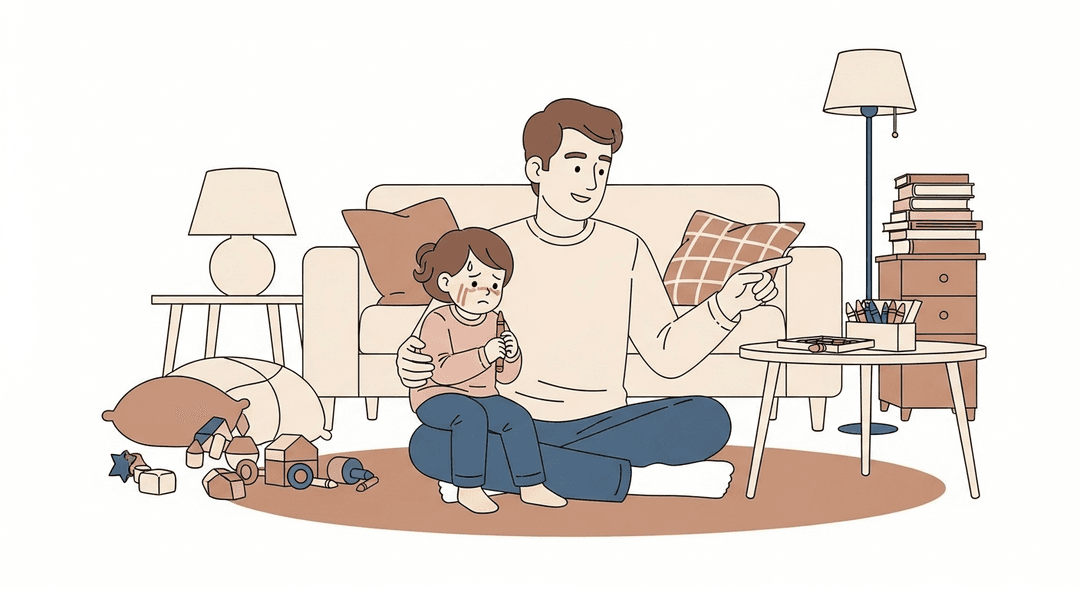Practice Authoritative Parenting
So apparently, you’re supposed to be both a cuddly teddy bear and a drill sergeant—at the same time? Who knew parenting meant perfecting the art of saying 'No, you can’t eat crayons' while offering a supportive shoulder to cry on after the crayon is, inevitably, eaten. If you want to raise a tiny human who feels loved but doesn’t run the household like a pint-sized dictator, this is your jam. Welcome to the magical land of Warm Fuzzies and Firm Lines!
Kids thrive when they know what to expect and feel safe enough to test limits. Mixing warmth with structure actually helps their brains wire up for self-control, emotional regulation, and trust. For parents, it means fewer power struggles, more connection, and a slightly reduced urge to hide in the pantry with snacks.
How to do it
Set clear, simple rules and explain the reasons behind them. Even if your audience is a toddler who thinks pants are optional, understanding the "why" helps rules make sense.
Follow through with consequences that are logical and connected to the situation. Remember, missing a playdate after a meltdown isn’t the end of the world, but it teaches cause and effect.
Offer empathy when enforcing boundaries. For example, you might say, "I get it, bedtime is the worst, but sleep is your superpower." Acknowledging feelings helps maintain connection while holding limits.
Celebrate the wins, even the tiny ones. Consistency is more important than perfection, so recognize progress and keep moving forward.
Key Tips:
- Keep rules simple and age-appropriate.
- Always explain the reason behind each rule.
- Make consequences logical and related to the action.
- Show empathy, even when enforcing boundaries.
- Notice and celebrate small successes.
- Aim for consistency rather than perfection.
